Scotland Has Passed A New Law Allowing People To Self-Identify Their Legal Gender
Scotland’s parliament has passed a law that will make it easier for people to legally change their gender.
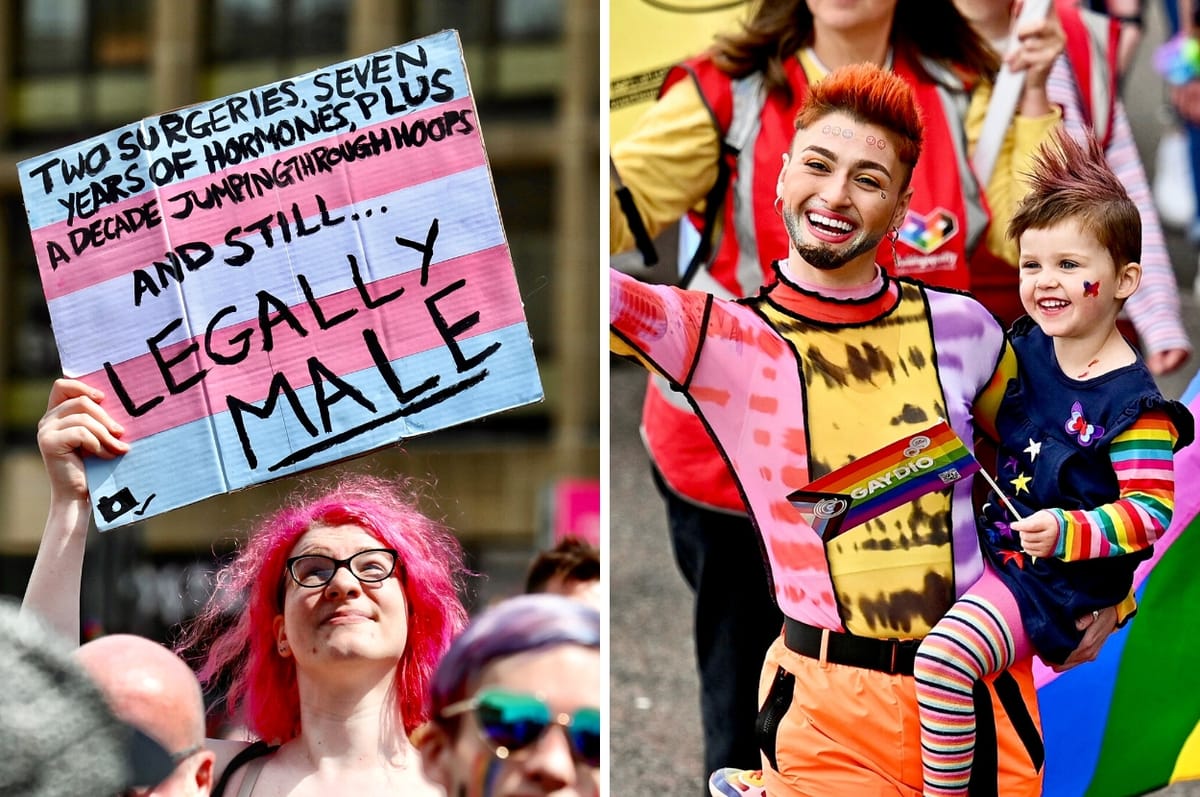
Scotland’s parliament has passed a law that will make it easier for people to legally change their gender.
The new law will allow people to self-determine their legal gender without needing to get medical or judicial approval.

People aged 16 and up will now be able to change their gender on official documents through a declaration.

The new rules, expected to come into effect in 2023, lowers the age people can legally change gender from 18 to 16.
People no longer need to get a medical diagnosis for gender dysphoria and only need to live in their acquired gender for three months, or six months for 16 to 17 year olds, instead of two years.
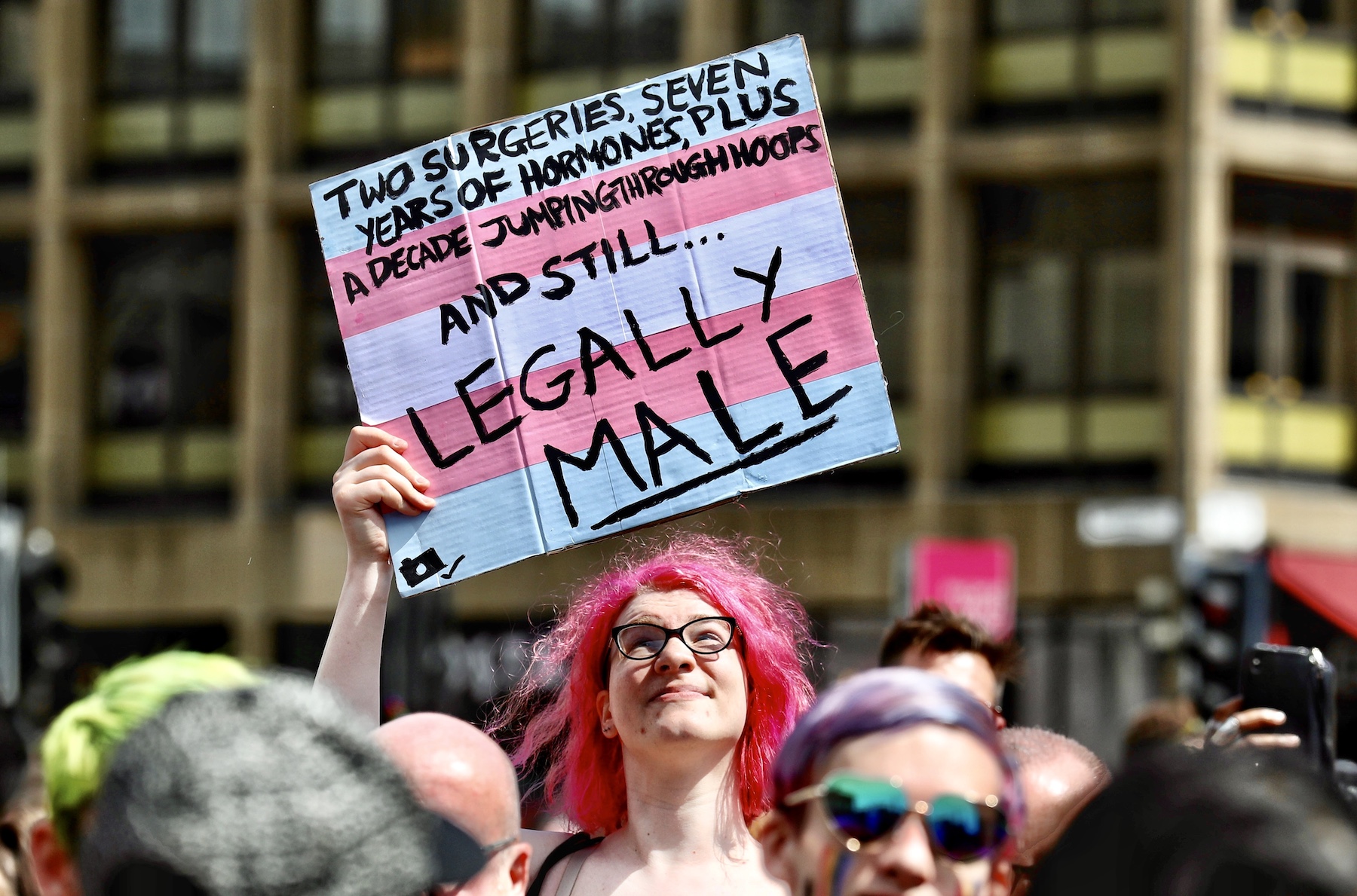
There is a three month “reflection period” after for people to change their mind.
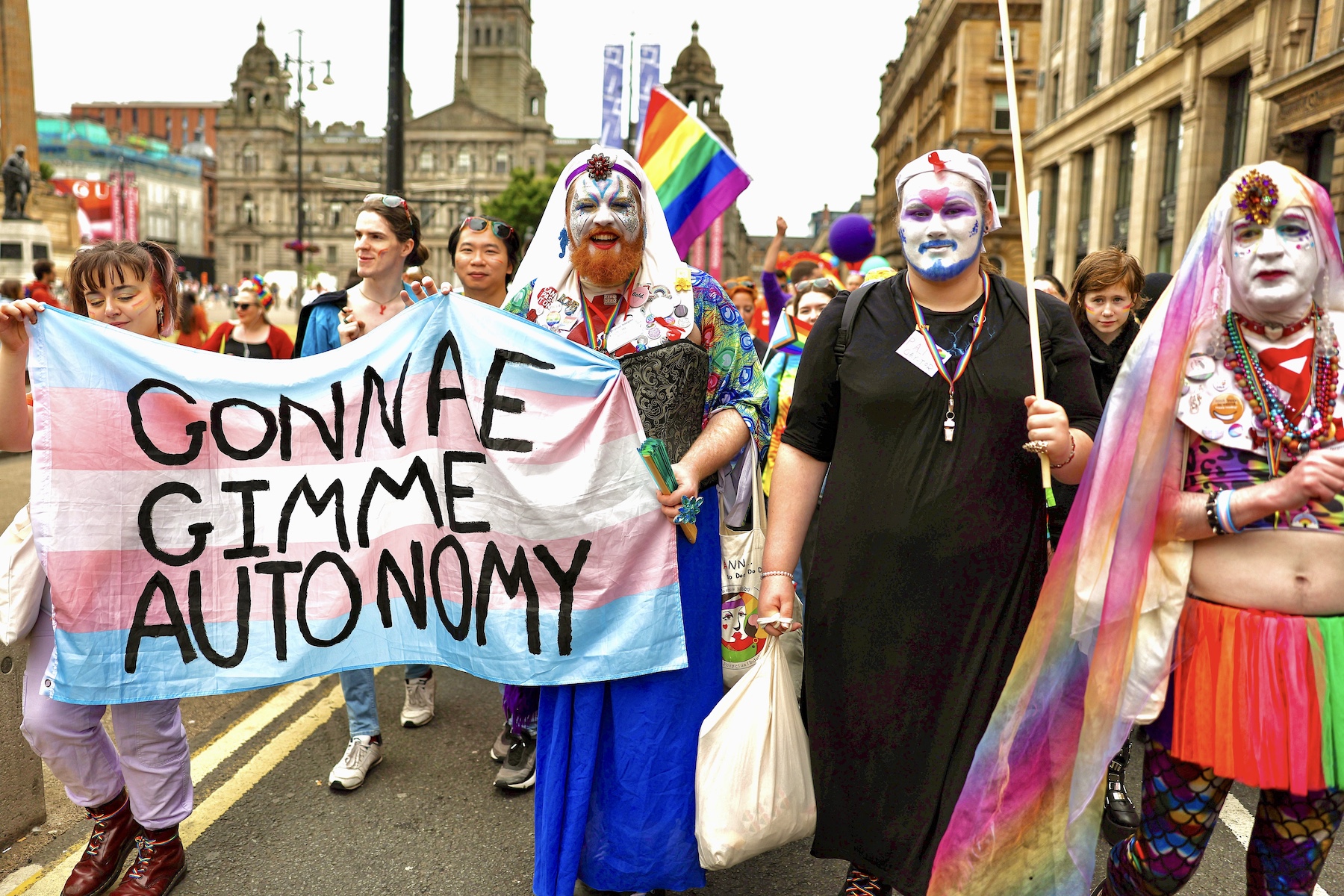
Scotland has allowed people to change their legal gender from male to female or vice versa since 2005.

The bill was first proposed by Scotland’s first minister, Nicola Sturgeon, six years ago, with the goal of making it less intrusive and distressing for people to apply to change their legal gender, according to the BBC.

The law passed on Thursday Dec. 22 by 86 to 38 votes.

Nine members of Sturgeon’s Scottish National Party party had opposed the reforms, in what is the biggest rebellion since the party came to power in 2007, according to the BBC.
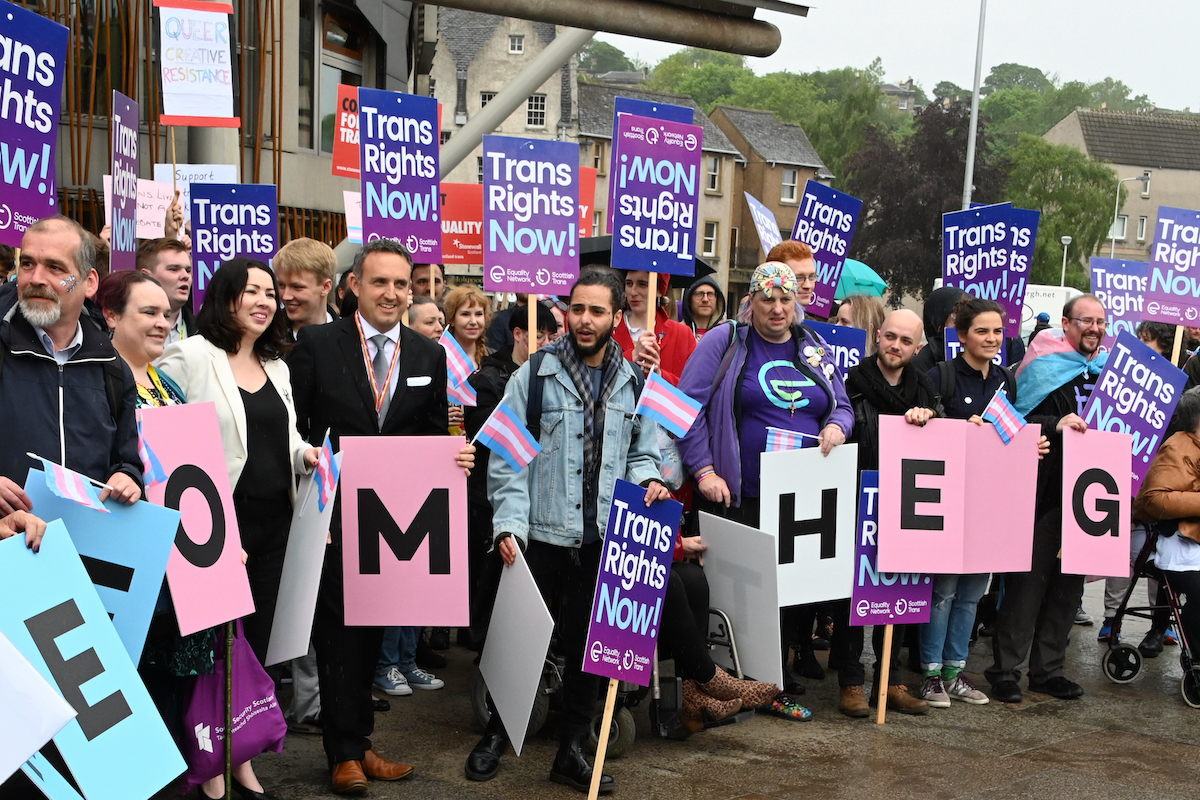
Conservative groups have argued the law will allow “criminal men” to easily attack women and children.
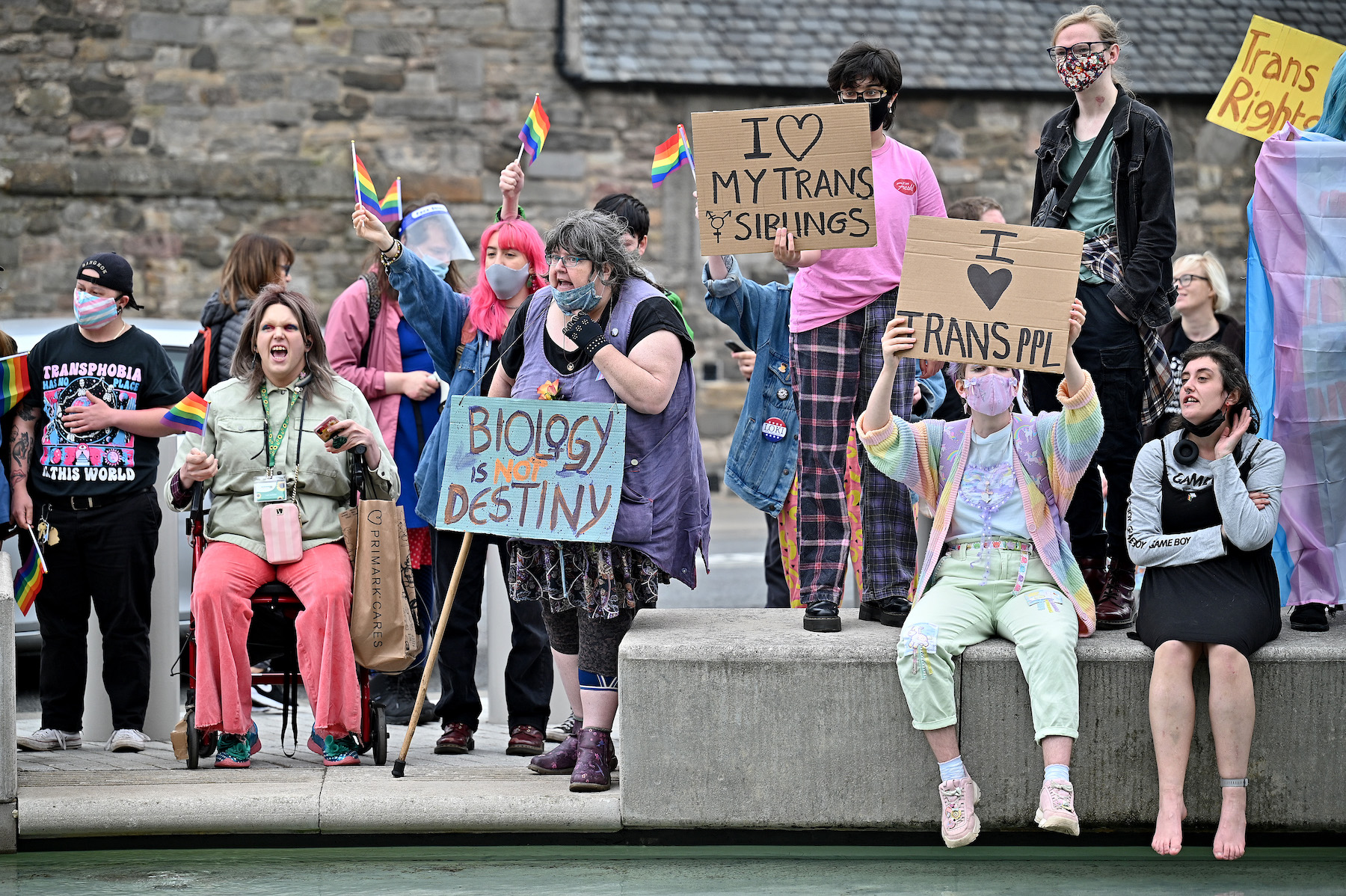
The British minister for Scotland, Alister Jack, has acknowledged similar concerns and has suggested the bill could be under review.

The UK government has the ability to strike down the law by invoking the rarely used Scotland Act.

However, any challenges to the law must be made within four weeks of the bill’s approval, law lecturer, Michael Foran, told Guardian.





